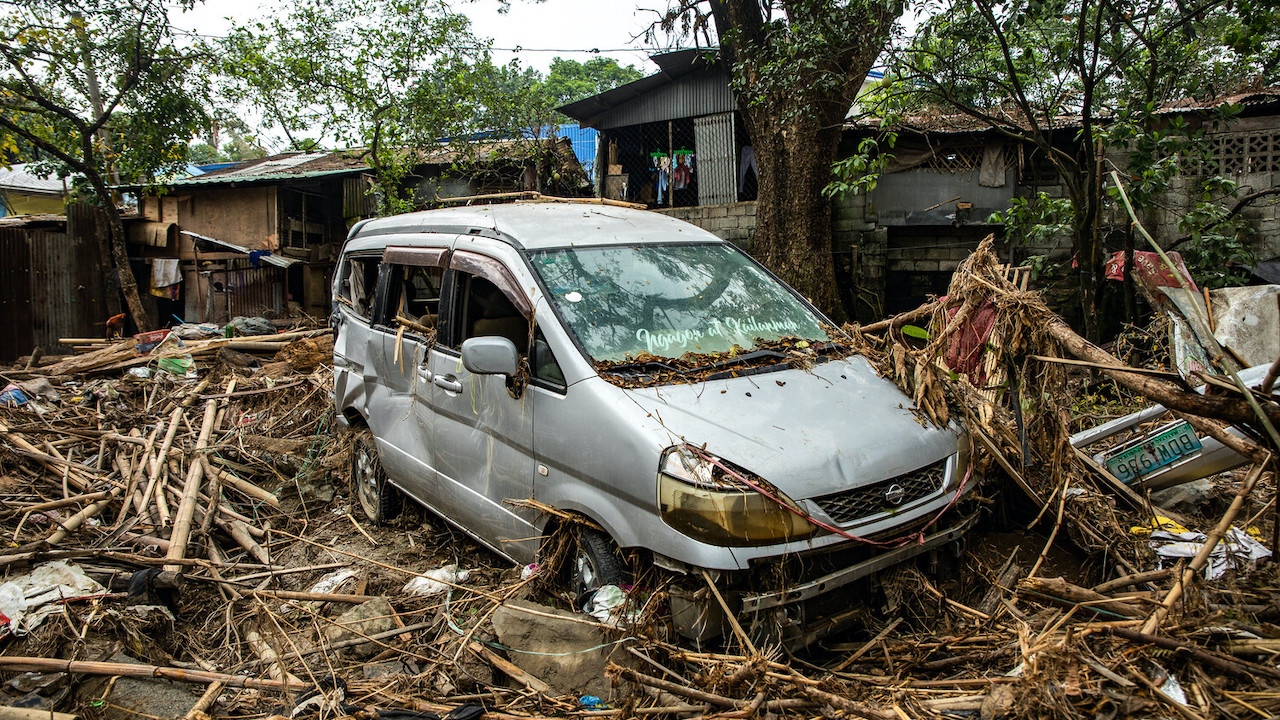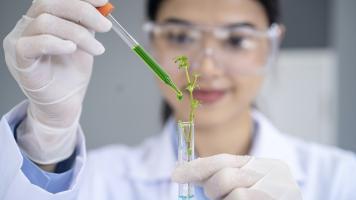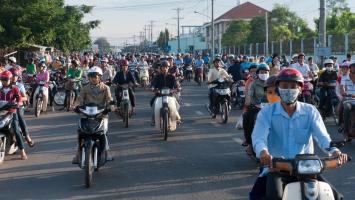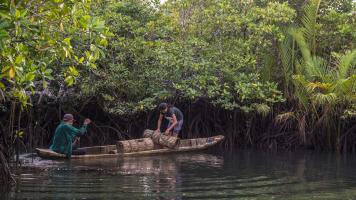
The assistance will increase actionable knowledge and greater understanding between ASEAN member countries on the transboundary implications of disasters. Photo credit: ADB.
ADB to support a program to strengthen regional cooperation on understanding, reducing, and managing transboundary risks.
The Asian Development Bank (ADB) has announced a grant of $1.3 million to advance disaster risk management in the Association of Southeast Asian Nations (ASEAN) through technical assistance (TA).
The TA will support the implementation of the ASEAN Agreement on Disaster Management and Emergency Response Work Programme, 2021–2025, which will strengthen regional cooperation on understanding, reducing, and managing transboundary risks.
“This new support is a continuation of ADB’s strategic cooperation with the ASEAN Secretariat and developing member countries (DMCs) on disaster risk management, building on our earlier support to ASEAN’s 2016–2020 work plan,” said ADB Disaster Risk Management Specialist Steven Goldfinch. “ADB is helping to build regional cooperation and collaboration critical for reducing and better managing disaster risk across the region.”
The TA will increase actionable knowledge and greater understanding between ASEAN DMCs on the transboundary implications of disasters. It will enhance evidence-based decision-making, including through multicountry scenario planning and risk assessments on key transboundary hazards, such as floods, cyclones, and heat stress. In alignment with ASEAN’s ICT Roadmap on Disaster Management for 2025 and Beyond, ADB will support the introduction of high-level technology for regional cooperation on transboundary risks, such as predictive analysis for slow onset hazards, social media monitoring, and artificial intelligence. Assistance will also be provided to advance interregional cooperation through capacity building and knowledge exchange.
The TA will be administered by ADB and is being financed on a grant basis by the Regional Cooperation and Integration Fund and the High-Level Technology Fund, each providing $500,000 financed by the Government of Japan and a grant of $300,000 by the Government of Canada.
ADB is committed to achieving a prosperous, inclusive, resilient, and sustainable Asia and the Pacific, while sustaining its efforts to eradicate extreme poverty. Established in 1966, it is owned by 68 members—49 from the region.
This story was first published by ADB on 13 December 2021.


